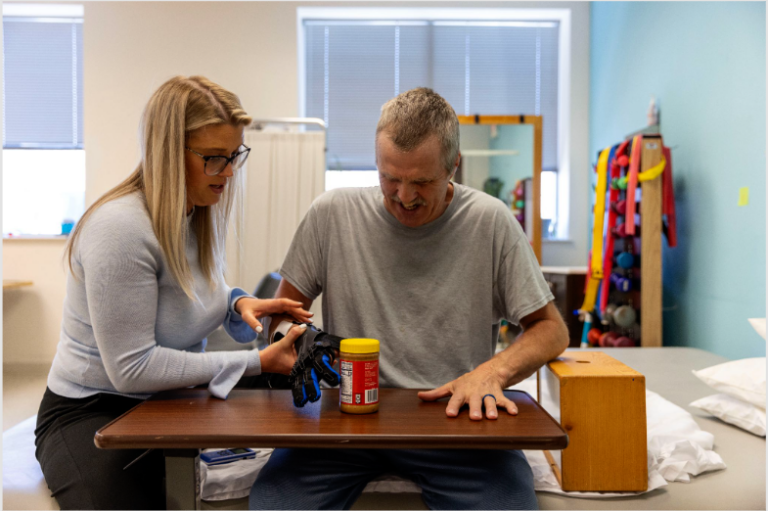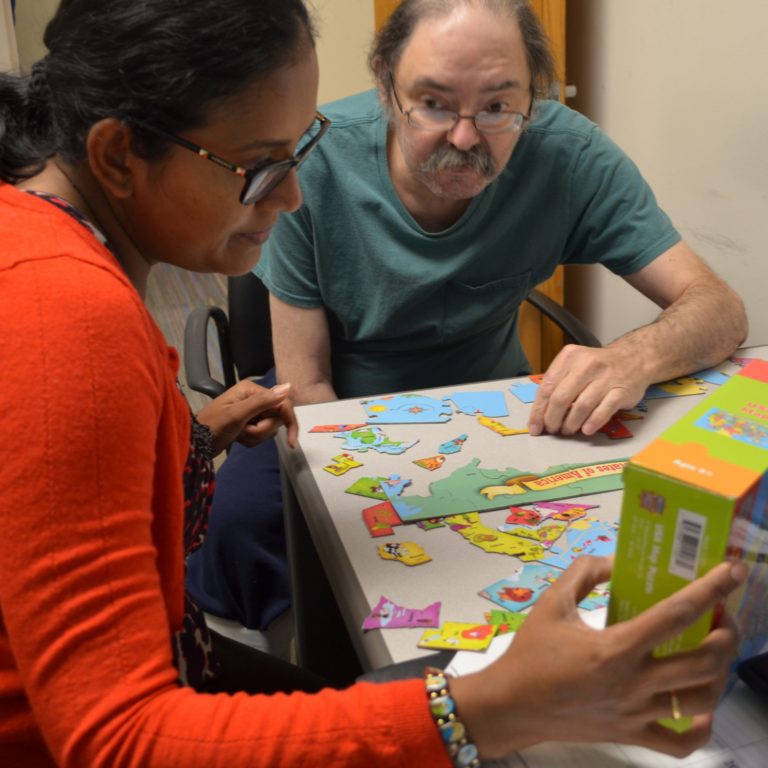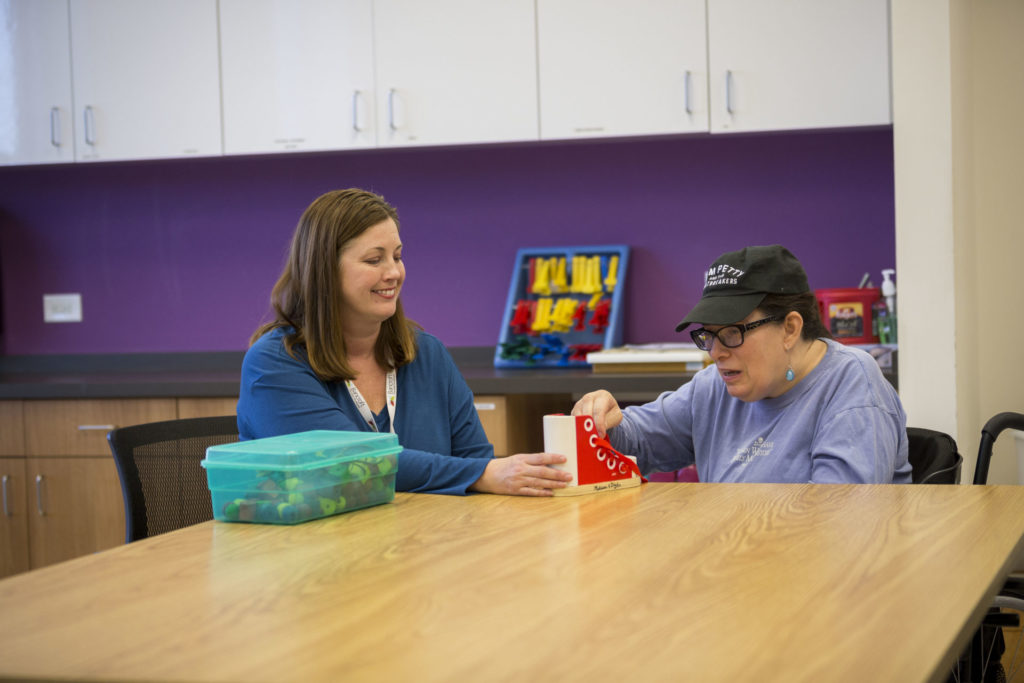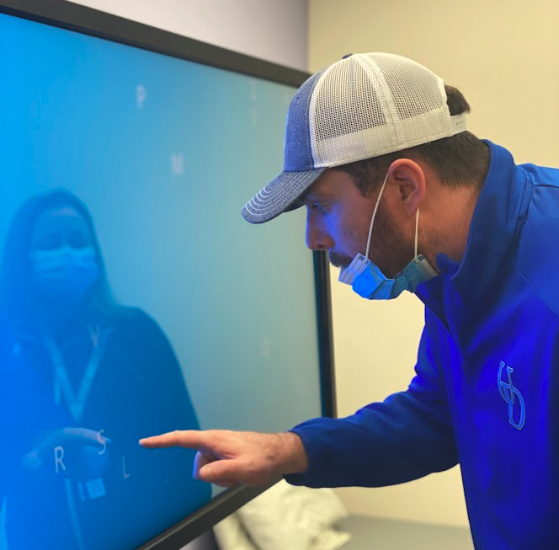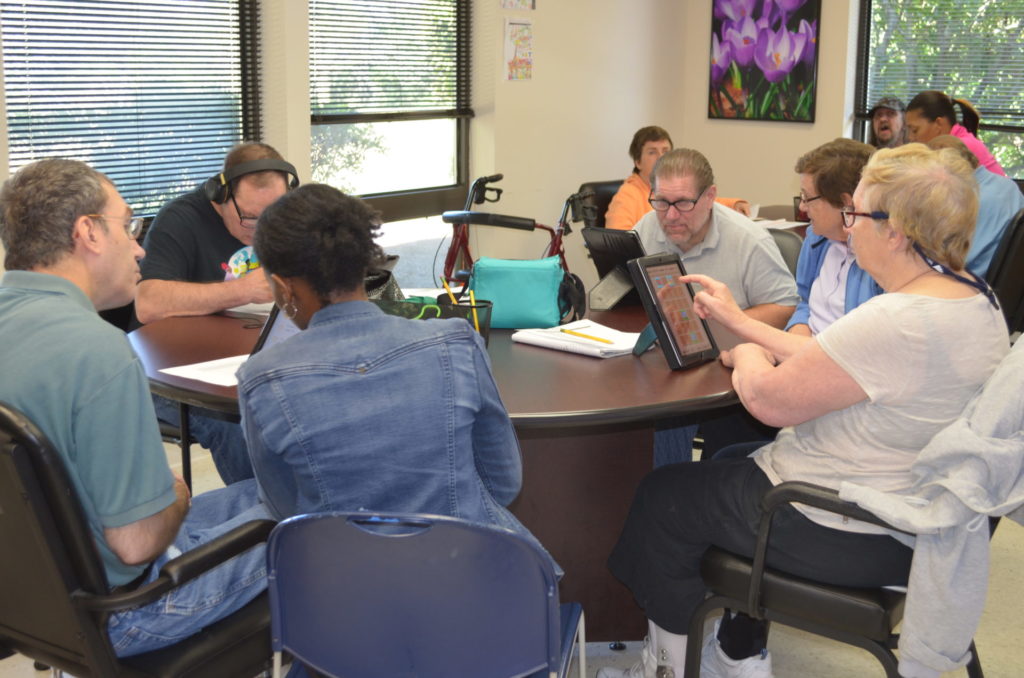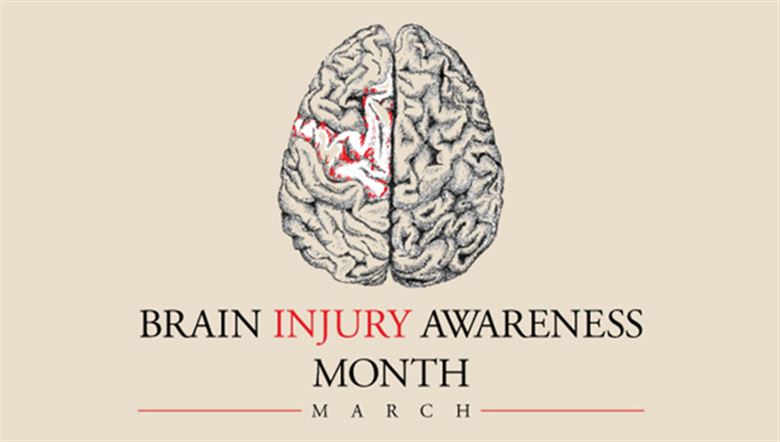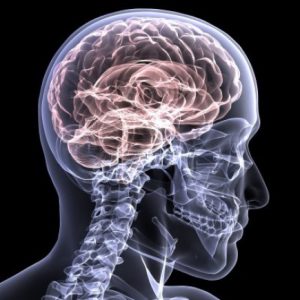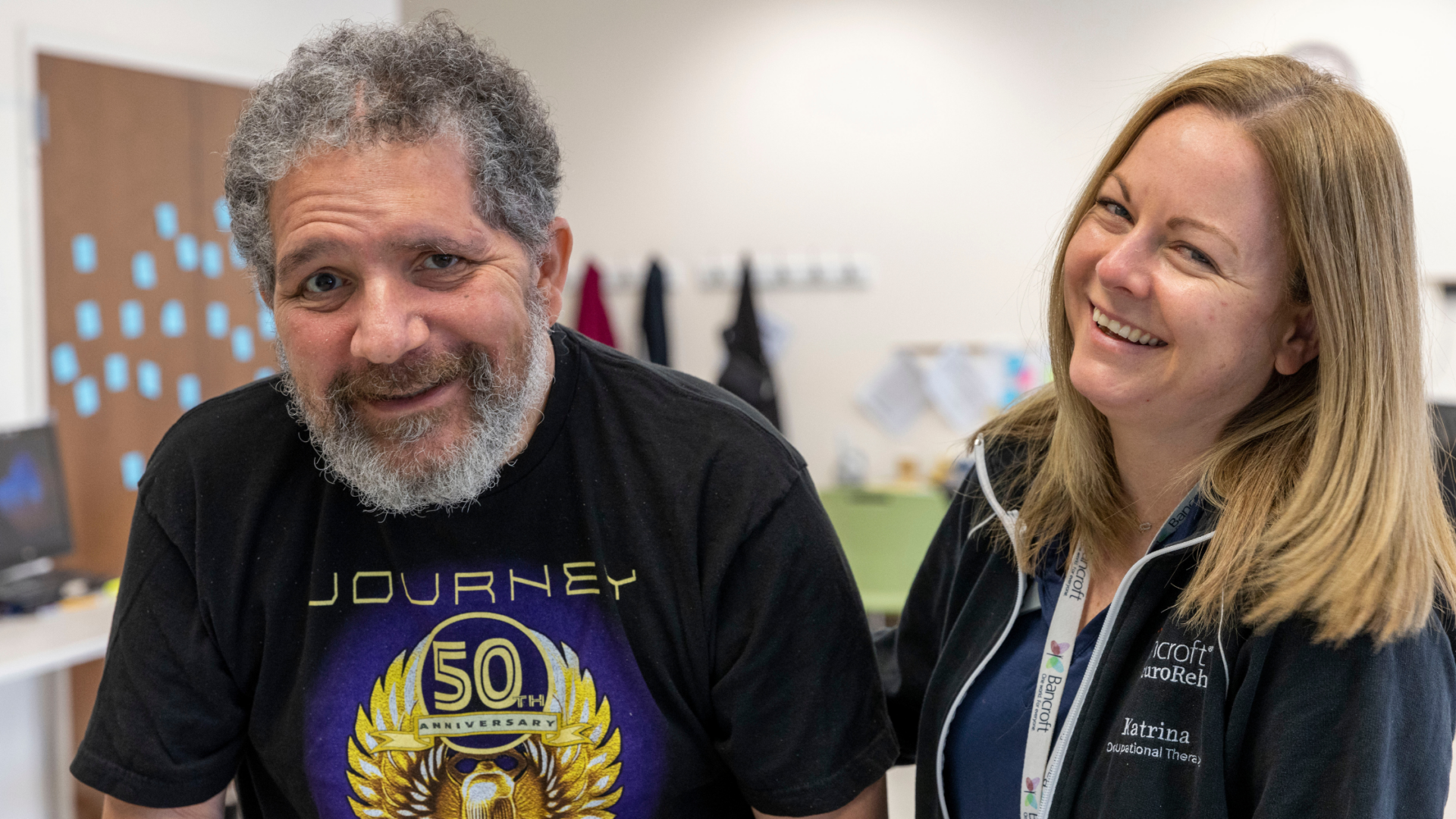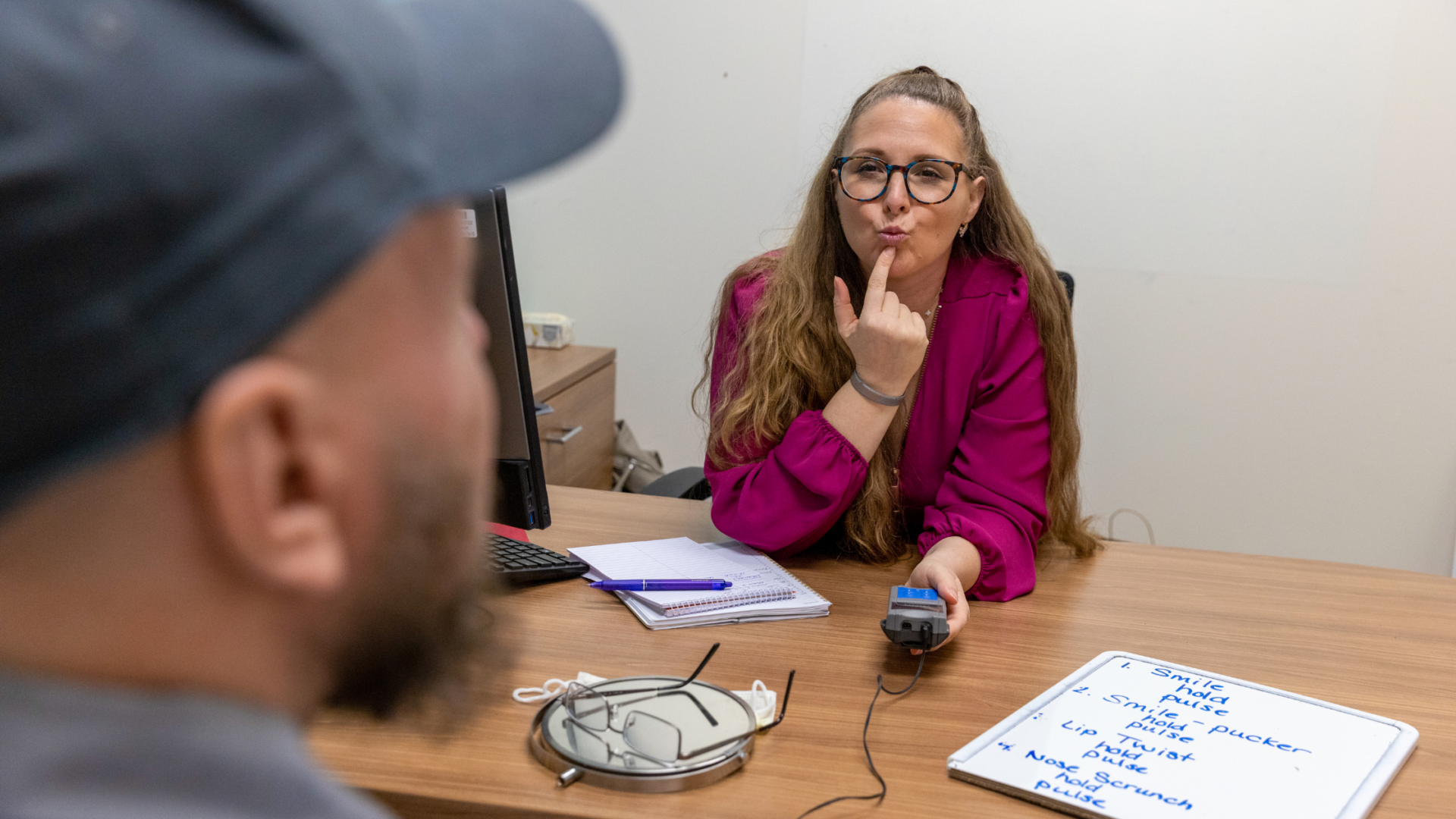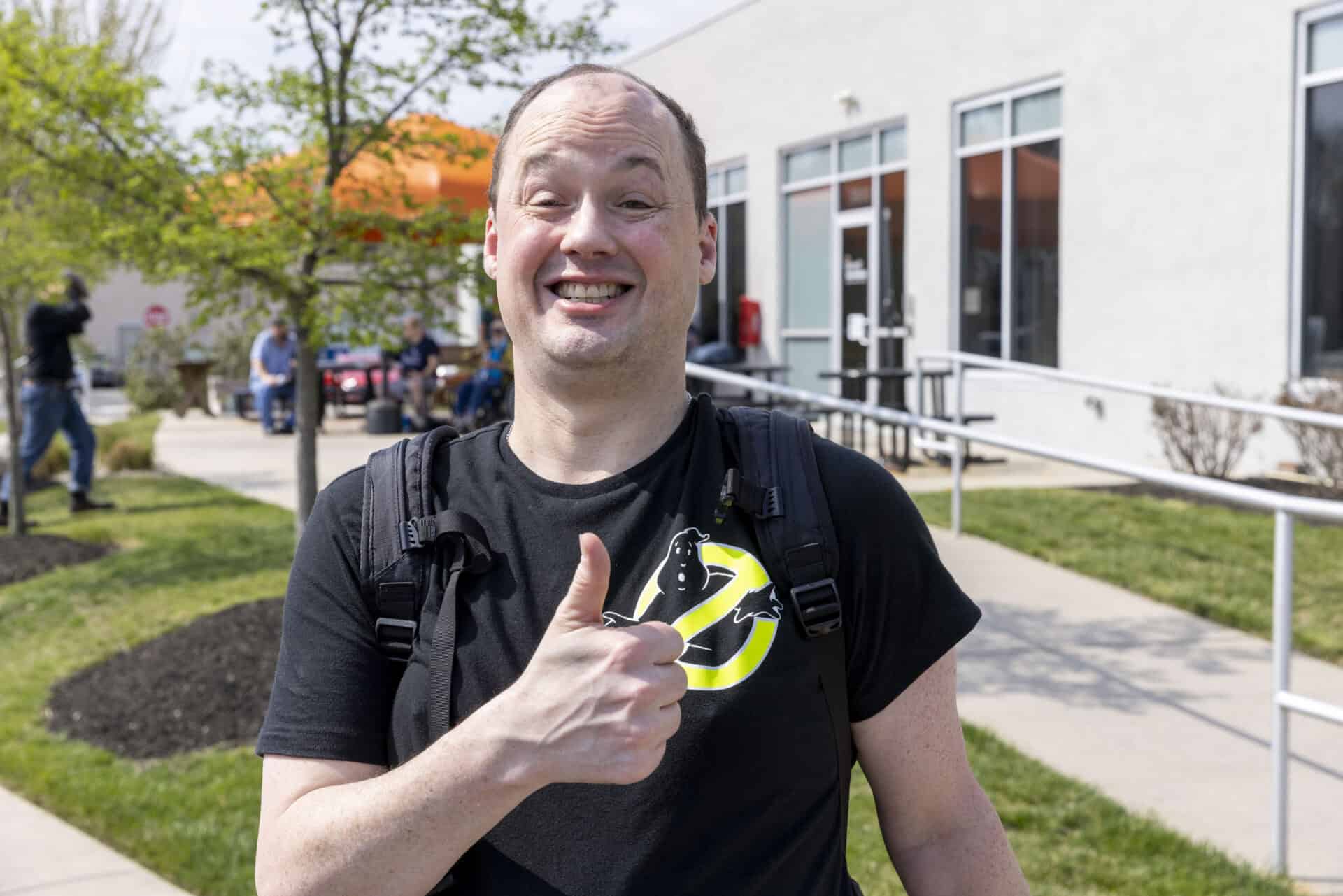March is Brain Injury Awareness month, and to spread awareness, one local neuropsychologist decodes facts and fallacies in a complicated field
Contributor: Dr. Kyle Haggerty, Neuropsychologist at Bancroft NeuroRehab
Monday, March 14, 2016
|
|
Public awareness regarding brain injuries seems to be at an all-time high. Thanks in part to movies like 2015’s Concussion and increasing regulations in professional sports, we don’t need to look far to find individuals and families impacted by a brain injury. And, since March is Brain Injury Awareness month, this mainstream attention is more important than ever.
Problem is – sudden public interest can sometimes lead to widespread exaggeration, or worse, rampant misinformation. But it’s crucial to know the facts. So, because it’s March, and because as a neuropsychologist, I’ve seen countless individuals and their families affected by brain injuries, I’d like to shed light on some facts and fallacies in this complex field of study. Furthermore, what can we, as clinicians, families and patients, do to advance brain injury research and ultimately improve outcomes?
Mild, Severe or Traumatic Brain Injury: Know the Differences
All brain injuries are not created equal – and we treat an immense range of impairments from mild to more severe. The Centers for Disease Control and Prevention (CDC) estimates an average of 1.7 million people suffer a traumatic brain injury each year – but these figures can be deceiving. In fact, approximately 75 percent of those injuries are concussions – a mild brain injury. The majority of individuals who sustain a concussion will recover fully with adequate rest and prevention of further injury. A small portion will experience lasting symptoms, and may require further treatment.
Public attention focuses on sports concussions, triggering fear and anxiety about participation in athletics. However, a single concussion or mild brain injury does not mean an individual will develop dementia. What we do know, is respite post-injury is vital to recovery, and it is critically important to prevent further injury during healing.
Outside of concussions, around 275,000 brain injuries will result in hospitalization each year, and annually another 52,000 injuries will result in death. Millions of Americans live with lasting impairments due to these more moderate and severe injuries, and many will require consistent medical, psychological, and other rehabilitation care throughout their lives.
Research suggests rehabilitation following these injuries is critical to maximize recovery, and could involve neurologists, neuropsychologists, physical therapists, speech therapists, occupational therapists, and cognitive rehabilitation therapists, among others. We can also improve outcomes if we provide support to family members and caregivers, and those who most closely support our patients. However, there is still a lot we don’t know.
Next Steps for Clinicians and Patients
Healthcare providers and experts in neuroscience are striving to learn more about brain injuries every day, but countless questions remain. With millions of Americans affected by brain injuries, our industry continues to fight for resources and research. It’s up to clinicians, researchers, family members and patients to improve quality of life and outcomes.
At Bancroft, we’ve established relationships with universities including LaSalle, Drexel, Immaculata, PCOM, Chestnut Hill and more – and these partnerships continue to help us separate myth from fact and discover new treatment options.
We know brain injuries are common. We know they affect the lives of millions of Americans. We know rehabilitation is important. We don’t know enough, but we will. And if you or a loved one is living with a brain injury, learn the facts and establish an individualized treatment plan with your care team. Seek help from trusted clinicians when sifting through mountains of information and decipher the true brain injury facts from the fallacies on your path to recovery.
###
To learn more about neurorehabilitation services, including treatments for concussion, memory loss and other cognitive impairments including TBI, at Bancroft NeuroRehab, call 844.234.8387.




